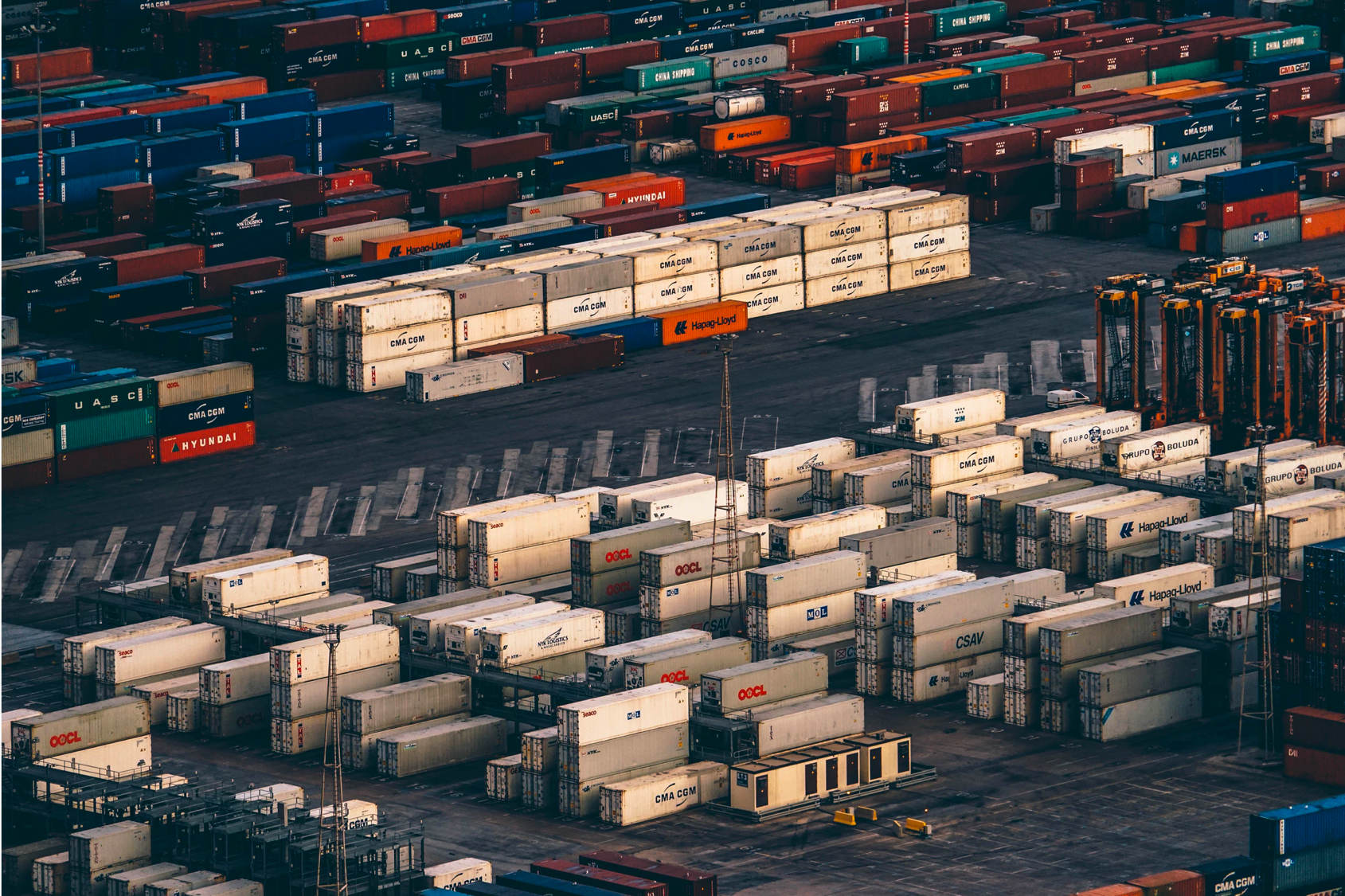Project Description
Supply Chain & Logistics
Blockchain technology enables the secure and transparent transfer of value via the internet. The blockchain, as a shared database that is updated in real time and can be accessed by all network participants, provides a secure infrastructure for processes across untrusted networks. With regard to the logistics sector, any supply chain information and process can be immutably stored on the blockchain.
This yields various benefits over current systems. The entities involved in a supply chain can create, use and update a shared and immutable database that creates trust among the network participants. The use of blockchain provides a technological infrastructure to transparently publish information to all (or specific) players of a system.
Besides cutting costs in existing supply chains, a secure digital infrastructure enables additional use cases that were previously impossible. For instance, shipping containers can be tracked in real time, which provides the shipping industry and ship financing (trade finance) with a new level of security and transparency. Furthermore, sensors in these containers can constantly monitor specific conditions (for instance temperature) and broadcast these states to the blockchain. Buyers of specific goods are now able to monitor at all times where the containers are and under what conditions their goods are shipped.
Potential Research questions:
- Identification of relevant use cases for blockchain in the supply chain sector
- Assessment of blockchain technology (providers) for supply chain
- Critical analysis of blockchain technology and similar technologies regarding relevant processes for the supply chain sector. When does blockchain make sense? What is currently missing?
- Analysis of blockchain-based digital twins of real-word objects regarding rare goods, intellectual property or systems of high-risk.
Browse other research areas:







